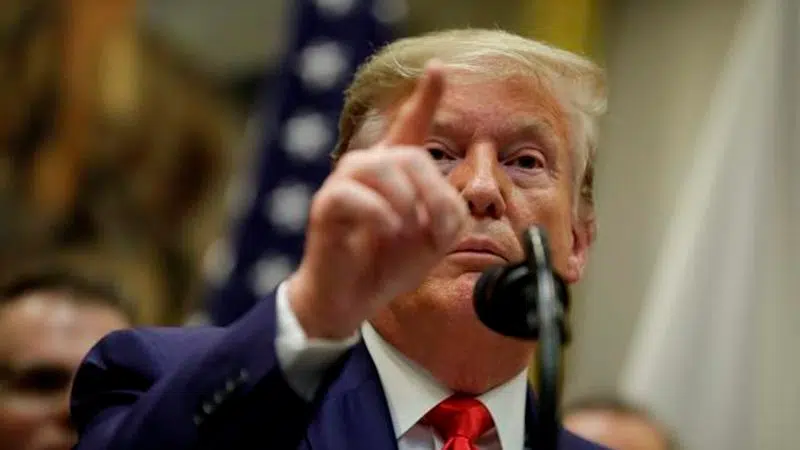
Trump defends decision to abandon Kurdish allies in Syria
WASHINGTON — President Donald Trump cast his decision to abandon Kurdish fighters in Syria as fulfilling a campaign promise to withdraw from “endless war” in the Middle East, even as Republican critics and others said he was sacrificing a U.S. ally and undermining American credibility.
Trump declared U.S. troops would step aside for an expected Turkish attack on the Kurds, who have fought alongside Americans for years, but he then threatened to destroy the Turks’ economy if they went too far.
Even Trump’s staunchest Republican congressional allies expressed outrage at the prospect of abandoning Syrian Kurds who had fought the Islamic State group with American arms and advice. It was the latest example of Trump’s approach to foreign policy that critics condemn as impulsive, that he sometimes reverses and that frequently is untethered to the advice of his national security aides.
“A catastrophic mistake,” said Rep. Liz Cheney of Wyoming, the No. 3 House Republican leader.


